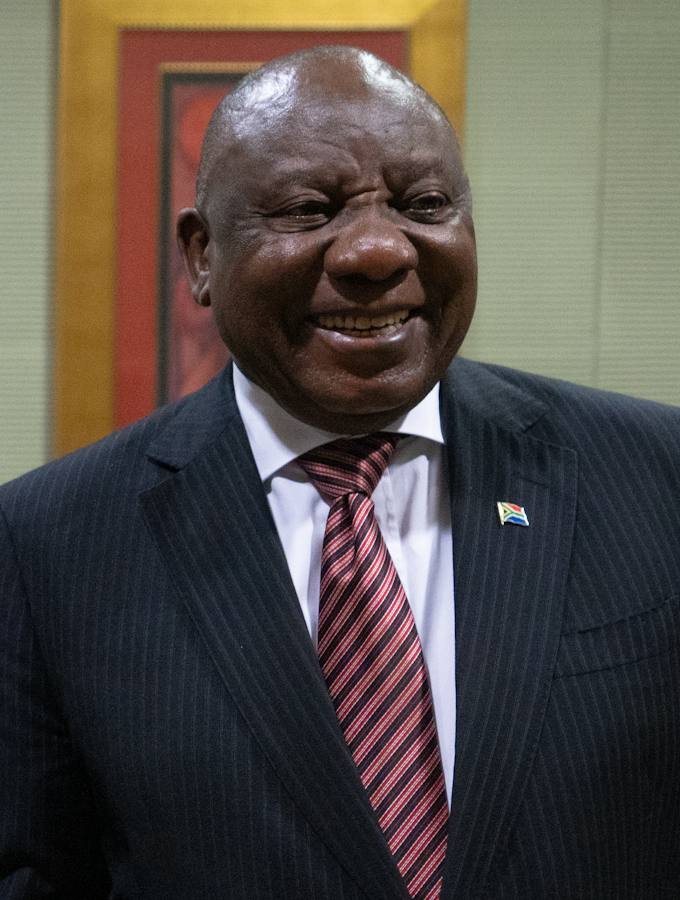South Africa Reflects on Human Rights Progress and Challenges
Highlighting electoral progress, President Ramaphosa proudly noted that the country has consistently conducted free and fair elections since 1994, a testament to the democratic culture that has firmly taken root.

- Country:
- South Africa
President Cyril Ramaphosa has emphasised the ongoing importance of human rights, reconciliation, and national unity as South Africa commemorates National Human Rights Day on 21 March. The annual observance honours the victims of the Sharpeville Massacre, a tragedy that occurred on this day in 1960 when apartheid-era police opened fire on peaceful demonstrators protesting oppressive pass laws, resulting in the deaths of 69 people and injuries to many more.
"Since achieving democracy, our government has continuously aimed to build a society that acknowledges historical injustices while fostering reconciliation and unity among all citizens," President Ramaphosa highlighted in his weekly address.
The President acknowledged significant strides South Africa has made since the end of apartheid, noting that democratic institutions such as independent courts and human rights bodies now play crucial roles in safeguarding the rights of citizens. He stated, "South Africans today can confidently exercise their freedoms, knowing they have robust protections and institutions supporting democracy to approach if their rights are infringed."
Highlighting electoral progress, President Ramaphosa proudly noted that the country has consistently conducted free and fair elections since 1994, a testament to the democratic culture that has firmly taken root.
However, the President also cautioned against the rising tides of global divisiveness, urging South Africans to reject narratives falsely portraying the nation as hostile toward specific racial or cultural groups. "We must actively challenge any misleading portrayal suggesting our country persecutes individuals based on race or ethnicity. Our constitution explicitly safeguards all cultural, linguistic, and racial groups, ensuring everyone's right to express and enjoy their identities," he affirmed.
Further emphasizing the constitution's role in guaranteeing freedom of expression, President Ramaphosa clarified that even controversial and offensive views remain protected, provided they do not incite violence or promote racial hatred.
"Since the advent of democracy, our country has gained international recognition for its commitment to human rights and freedom. As global citizens, we remain steadfast in our solidarity with those facing persecution, conflict, and discrimination worldwide."
President Ramaphosa also called upon South Africans to recommit themselves to upholding the country's human rights culture, pointing out that despite significant progress, ongoing efforts are necessary to strengthen democracy and ensure rights are universally respected.
"Human rights are universal and indivisible," he stressed, adding, "South Africa remains dedicated to advocating for a revitalized global human rights movement, emphasizing dignity, equality, and justice for every person, everywhere."
As the nation marks 65 years since the Sharpeville Massacre, this year's Human Rights Day serves both as a reflection on historical injustices and a rallying call for unity and continued advocacy for human dignity and rights.
- READ MORE ON:
- Cyril Ramaphosa
- National Human Rights Day










